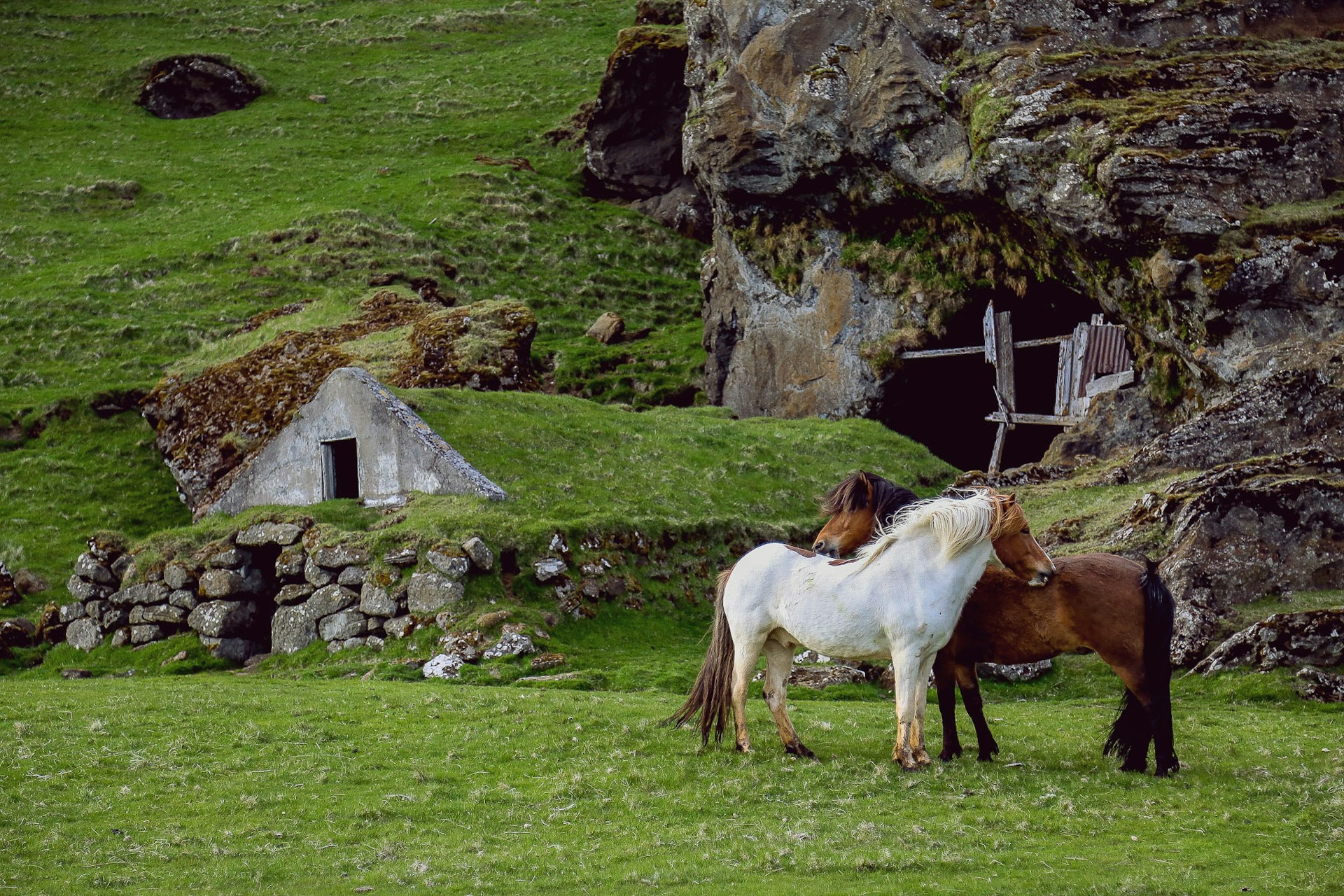How can visitors engage in historical falconry practices in the English countryside?

Falconry, the ancient and noble art of hunting wild animals with trained birds of prey, has a rich and fascinating history stretching back over thousands of years. Today, it remains a vibrant part of the tapestry of the English countryside, with many opportunities for you to get involved and experience this unique practice firsthand. In this article, we will explore how you can immerse yourselves in the world of falconry, from attending spectacular falconry displays to trying your hand as a falconer under expert guidance.
An Introduction to Falconry
Falconry, as a hunting method, dates back to 2000 BC in Mesopotamia. Over the centuries, many different species of birds have been used in falconry, including falcons, hawks, and eagles. Each bird has its unique characteristics and hunting styles. Falconry reached Europe around the 5th century AD and quickly became a favoured pastime among the nobility.
A lire en complément : What are the best UK locations for exploring the impact of the Norman Conquest through interactive exhibits?
In the English countryside, you will find a deep-rooted appreciation for falconry and a desire to preserve this ancient tradition. Whether you're a nature enthusiast, a history buff, or you're simply seeking a unique experience, you will find that falconry offers an unforgettable day out.
Understanding the Birds of Prey
Before you embark on your falconry journey, it's important to understand what these magnificent birds are all about. The primary species used in European falconry are the falcon and the hawk. Although 'falcon' is often used as a blanket term for any bird of prey, falcons and hawks are distinctly different species.
A lire également : Which UK cities have the most immersive experiences related to Shakespearean theater production?
Falcons, such as the peregrine falcon, are renowned for their incredible speed and precision. They tend to hunt by diving at great speed onto their prey from above. Hawks, on the other hand, are more likely to chase and catch their prey in mid-air or on the ground.
During your falconry experience, you'll learn to appreciate the distinct characteristics of these birds, their hunting styles, and the vital role they play in the ecosystem.
Participating in a Falconry Experience Day
One of the best ways to engage in falconry is to participate in a Falconry Experience Day. Many falconry centres across the English countryside offer these immersive experiences, designed to give visitors a hands-on introduction to the world of falconry.
During a Falconry Experience Day, you will have the opportunity to handle and fly a variety of birds under the watchful eye of experienced falconers. You will also learn about the history and traditions of falconry, the different types of birds used, and the necessary equipment.
These experience days cater to all ages and abilities, making them a perfect family activity or an unusual gift for a loved one.
Falconry Shows and Displays
Another great way to engage with falconry is to attend a falconry show or display. These events are often held at country fairs, historic landmarks, and dedicated falconry centres.
A typical falconry display will involve a variety of birds, each with its hunting style showcased. You will see falcons swooping at high speed, hawks weaving through the trees, and perhaps even an eagle demonstrating its incredible strength and power.
Falconry displays are not only entertaining, but they also offer an excellent opportunity to learn about the birds and their natural behaviours. You will gain an insight into the time and effort that goes into training these birds and the strong bond between a bird and its falconer.
Becoming a Falconer
Becoming a falconer requires dedication, passion, and a considerable investment of time. However, if your interest extends beyond a one-off experience day or display, there are opportunities to train as a falconer.
To start your falconry journey, you must first undertake a period of instruction under an experienced falconer. This apprenticeship usually lasts for at least two years, during which time you will learn all the practical skills and knowledge required to care for and train a bird of prey.
Once the apprenticeship is complete, you may decide to keep your bird and continue to develop your falconry skills. As a falconer, you will become part of a rich and enduring tradition, deeply rooted in the English countryside.
No matter your level of interest or experience, falconry offers an intriguing blend of history, nature, and adventure. By engaging with this ancient practice, you will gain a deeper appreciation of these incredible birds and their role in our natural world. Whether you want to try your hand at falconry for a day, enjoy a thrilling falconry display, or embark on the journey to become a falconer, the English countryside provides an idyllic setting for your falconry adventure.
Fascinating Facts about Falcons and Their History
As you delve into the world of falconry, you'll uncover a trove of fascinating facts about these majestic creatures. Falcons, for instance, are not just birds of prey but are also considered cultural heritage symbols. They were deeply revered in ancient cultures, symbolising power, grace, and nobility.
Did you know that the peregrine falcon, one of the most commonly used birds in falconry, is the fastest creature on earth? It can reach speeds of over 240 miles per hour when diving to catch prey.
Falconry itself is considered a living human heritage by UNESCO, highlighting its cultural and historical significance. The bond between man and bird, developed and nurtured through falconry, is a remarkable testament to humans' relationship with nature.
In North America, falconry traditions were initially brought by European settlers and are still practiced today, albeit with modern regulatory measures to ensure the welfare and conservation of the birds.
When you engage in a falconry experience, you're not just learning about birds of prey – you're immersing yourself in a rich tapestry of history, tradition, and natural majesty.
The Half-Day Falconry Experience
The Half-Day Falconry Experience is a popular option for visitors seeking a comprehensive yet manageable introduction to falconry. Typically, these experiences last for around four hours, providing ample time to learn about, handle, and fly the birds of prey.
The day begins with an introduction to the art of falconry and interesting facts about the birds. Following this, you'll be taught how to handle the birds safely, then given the chance to hold a bird in your hand – a truly unforgettable experience.
Next, you'll embark on a hawk walk, a leisurely stroll through the English countryside with a hawk flying from tree to tree beside you. This is a fantastic opportunity to witness the remarkable bond between a falconer and their bird.
Remember, many centres offer a money guarantee, meaning you can book your falconry experience with confidence. Besides, who wouldn't want to spend a half-day in the English countryside, with the chance to see these majestic creatures up close?
Conclusion: Embrace the Thrill of Falconry
The English countryside, with its vast open spaces and stunning scenery, provides an idyllic backdrop for your falconry experiences. Whether you choose a falconry experience day, a half-day experience, or decide to embark on the journey of becoming a falconer, you are sure to have an unforgettable time.
Falconry is more than just a sport or hobby. It is a unique way to connect with nature, to learn about our cultural heritage, and to appreciate the remarkable bond between man and bird. So why not give it a try? Witness the power and grace of these incredible birds of prey in person, learn from expert falconers, and immerse yourself in the ancient art of falconry. You are sure to leave with fascinating facts, timeless memories, and a newfound respect for these magnificent creatures and the art of falconry.
